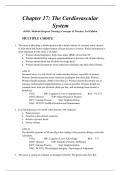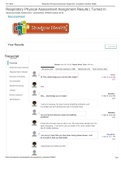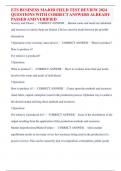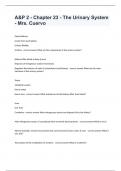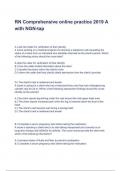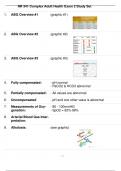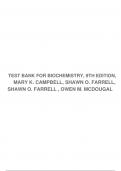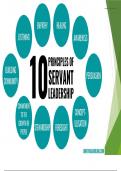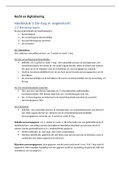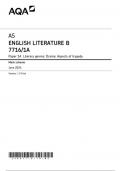Exam (elaborations)
Chapter 17: The Cardiovascular System deWit: Medical-Surgical Nursing: Concepts & Practice, 3rd Edition
- Course
- Institution
MULTIPLE CHOICE 1. The nurse is educating a female patient with a family history of coronary artery disease (CAD) about risk factors andprevention of heart disease in women. Which information is most important for the nurse to include? a. Women should maintain a body mass index (BMI) of less th...
[Show more]
